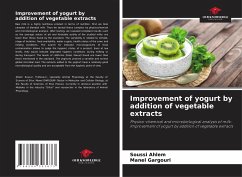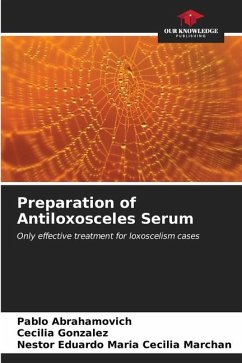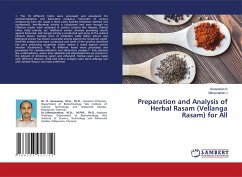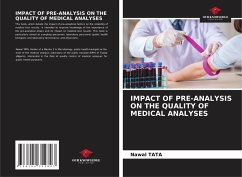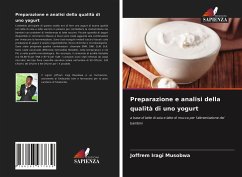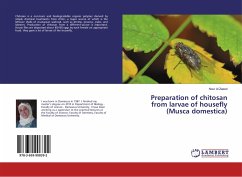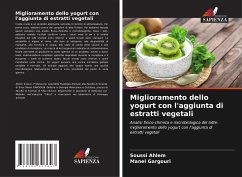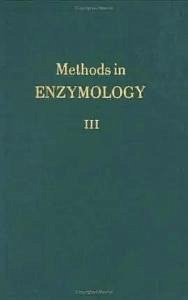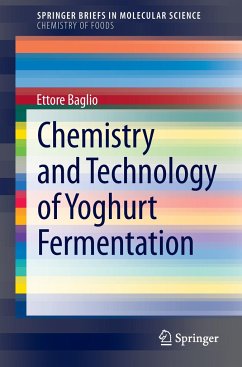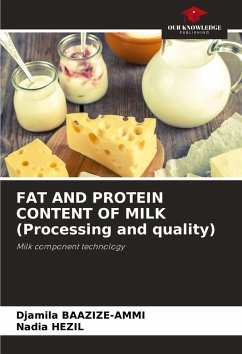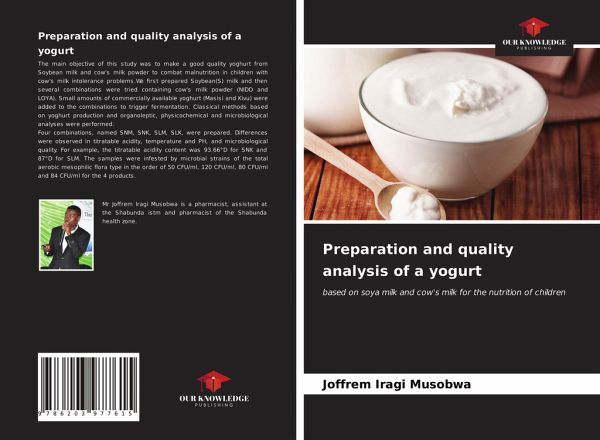
Preparation and quality analysis of a yogurt
based on soya milk and cow's milk for the nutrition of children
Versandkostenfrei!
Versandfertig in 6-10 Tagen
27,99 €
inkl. MwSt.

PAYBACK Punkte
14 °P sammeln!
The main objective of this study was to make a good quality yoghurt from Soybean milk and cow's milk powder to combat malnutrition in children with cow's milk intolerance problems.We first prepared Soybean(S) milk and then several combinations were tried containing cow's milk powder (NIDO and LOYA). Small amounts of commercially available yoghurt (Masisi and Kivu) were added to the combinations to trigger fermentation. Classical methods based on yoghurt production and organoleptic, physicochemical and microbiological analyses were performed.Four combinations, named SNM, SNK, SLM, SLK, were pre...
The main objective of this study was to make a good quality yoghurt from Soybean milk and cow's milk powder to combat malnutrition in children with cow's milk intolerance problems.We first prepared Soybean(S) milk and then several combinations were tried containing cow's milk powder (NIDO and LOYA). Small amounts of commercially available yoghurt (Masisi and Kivu) were added to the combinations to trigger fermentation. Classical methods based on yoghurt production and organoleptic, physicochemical and microbiological analyses were performed.Four combinations, named SNM, SNK, SLM, SLK, were prepared. Differences were observed in titratable acidity, temperature and PH, and microbiological quality. For example, the titratable acidity content was 93.66°D for SNK and 87°D for SLM. The samples were infested by microbial strains of the total aerobic mesophilic flora type in the order of 50 CFU/ml, 120 CFU/ml, 80 CFU/ml and 84 CFU/ml for the 4 products.



